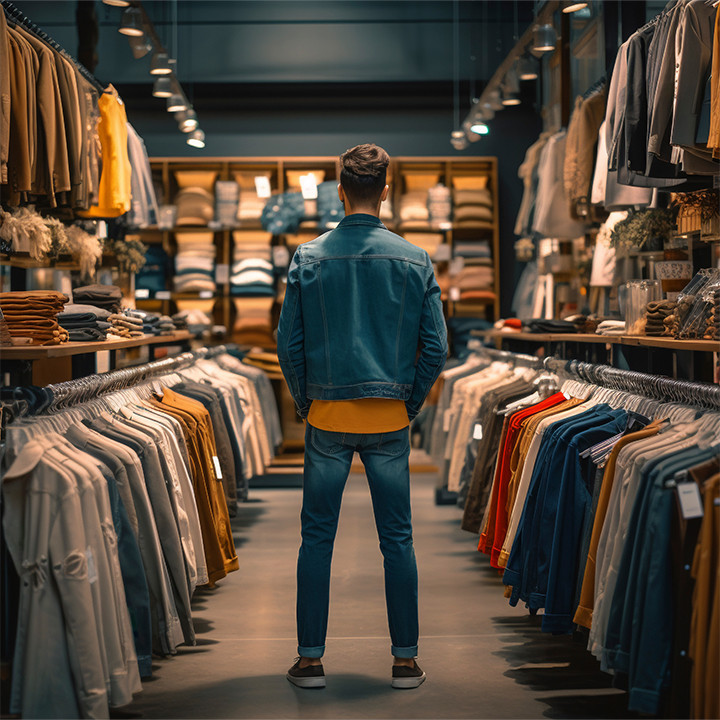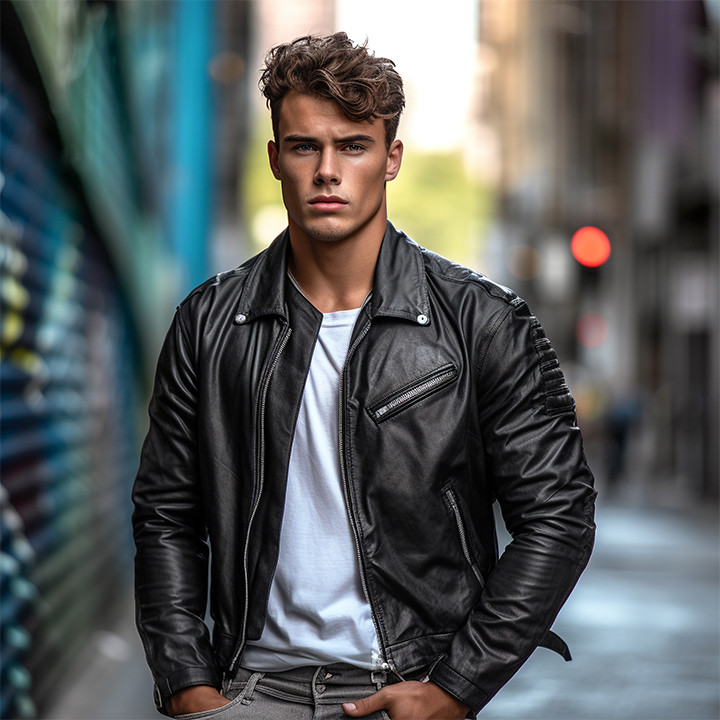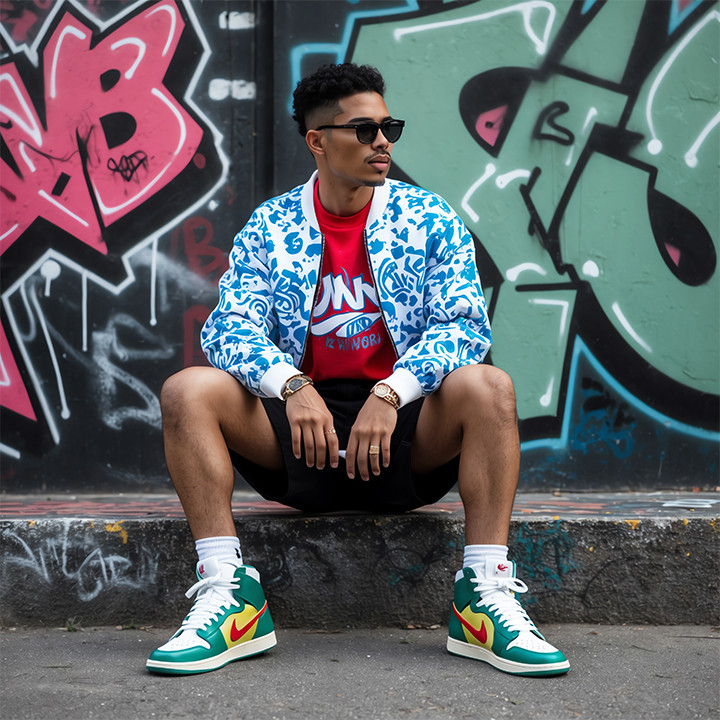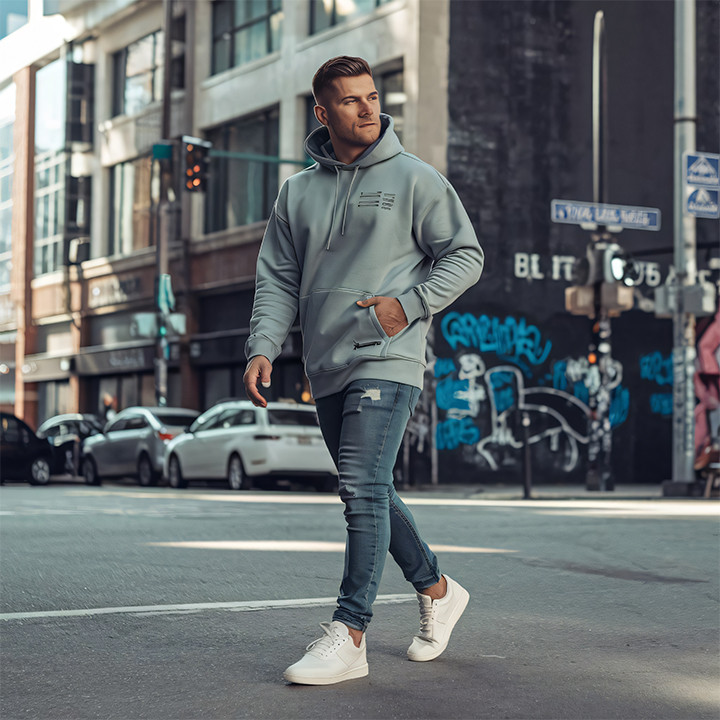
How Clothing Impacts Your Self-Image?
The way we dress plays a pivotal role in shaping how others perceive us—and just as importantly, how we perceive ourselves. When a man wears clothing that fits well, complements his style, and suits the occasion, it immediately conveys confidence, attention to detail, and personal taste. First impressions are often formed within seconds, and clothing is a silent communicator of identity, professionalism, and social awareness. Choosing the right outfit can be as impactful as perfecting body language or mastering conversation skills.
Confidence Boost
Clothing directly affects self-esteem. Wearing clothes that make you feel good triggers positive emotions, which reflect in posture, voice, and overall presence. A tailored blazer, a crisp shirt, or even well-fitted jeans can make a man feel empowered, ready to tackle challenges, and more confident in social or professional situations. On the other hand, ill-fitting or uncomfortable clothing can create self-consciousness and insecurity. The right outfit acts as a psychological armor, giving men the confidence to engage freely and present themselves assertively.
Personal Expression
Fashion is an extension of personality. The clothes a man chooses tell a story about his lifestyle, preferences, and mindset. Bold colors or patterns can indicate creativity and adventurousness, while classic neutrals reflect sophistication and reliability. Self-expression through clothing allows men to connect with their personal identity, reinforce individuality, and communicate values without saying a word. Curating a wardrobe that aligns with personal taste helps reinforce a sense of authenticity, leading to a stronger self-image.
Social Influence
Clothing also influences social interactions. Men dressed appropriately for the context—be it casual, business, or formal—receive positive reinforcement, which further strengthens self-perception. Compliments, acknowledgment, and acceptance in social circles create a feedback loop, affirming that one’s choices align with societal standards of style. Additionally, observing well-dressed individuals often inspires men to elevate their own style, fostering personal growth and an improved sense of self.
Mental Impact
The psychology behind clothing is significant. Research shows that men who dress purposefully experience improved focus, productivity, and mood. When attire aligns with goals or events, the mind subconsciously adopts the corresponding mindset. For instance, dressing professionally before an important meeting can enhance performance and self-assurance. Similarly, casual, relaxed clothing at leisure helps foster comfort and stress relief. Understanding this connection allows men to strategically use clothing to enhance both mental and emotional well-being.
Wardrobe Investment
Investing in a quality wardrobe isn’t just about appearance; it’s an investment in self-perception. Choosing versatile, well-made clothing ensures that a man always feels prepared and confident. Each piece contributes to a cohesive style that reflects personal values, ambition, and attention to detail. Over time, this investment shapes a lasting positive self-image, reinforcing the idea that clothing is not merely functional—it’s an essential tool in personal development.
Clothing is far more than fabric and thread. It shapes confidence, influences perception, and reinforces identity. By dressing thoughtfully, men can actively cultivate a positive self-image, making every interaction an opportunity to present their best selves.




